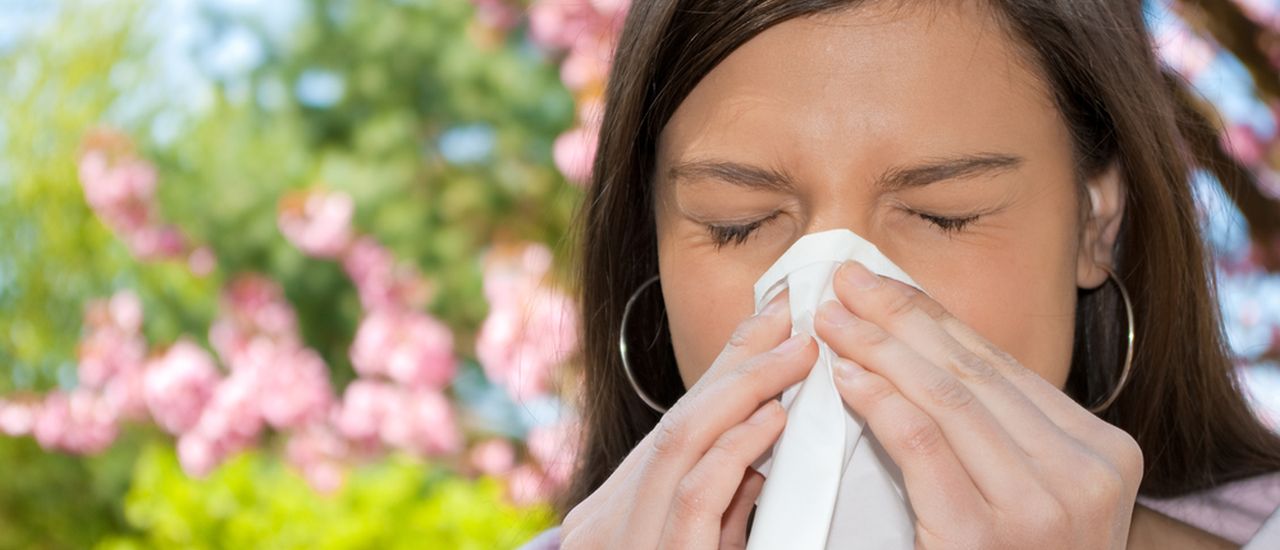An allergy is an over-the-top immune response to an environmental trigger. When your body is in a tired or run-down, your immune system is more open to making mistakes and over-reacting to what it sees as a harmful substances, or triggers.
Common triggers:
- House dust mites
- Mould spores
- Pollen
- Pet dander
Usually, these are substances that don’t bother anyone, but if your immune system is working overtime, these triggers become dangerous enemies that need to be taken out immediately!
The result? Sneezing, a runny nose, congested sinus passages, itchy eyes and a scratchy throat. Often an allergic response can open the doorway to a secondary viral or bacterial infection, leading to problems like bronchitis and pneumonia.
A seasonal problem
As South Africa heads into spring – the peak allergy season – it’s important for people with a history of seasonal allergies to manage this condition, for the sake of their general health. And it’s not just about taking some over-the-counter medication. Sure, it will bring short-term relief, but over a long period of time certain medication can expose you to a higher risk of side effects and drug tolerance.
So, what can I do about my allergy?
Our suggestion? Use the medication to help you control your symptoms in the short term. But don’t stop there. Work out what’s putting your immune system on high-alert to triggers – here are some possibilities:
- Not getting enough good sleep
- Not getting enough regular and healthy exercise
- Not eating the right foods to keep your immune system strong and functional
These are some of the basic issues anyone with seasonal allergies should be assessing. More specific interventions include:
- Elimination diet – eliminate food groups that you know trigger an immune response in your body. The top of this list is gluten, found in most grains. Try 6 weeks without gluten and see how your allergies respond. The second most common food-based inflammatory food is dairy, followed by sugar.
- Netti pot rinsing – netti pot rinsing involves gently using salt water to rinse out the passage from nose to mouth. Any triggers, e.g. pollen, dust mites, dander, etc., sitting on the surface of these tissues, causing an immune response, are washed away. Regular rinsing, two to three times daily, will eventually lead to a significant reduction in symptoms, either by itself or in combination with an elimination diet.
- Add in immune system boosting nutrients – think of your immune system as the engine of your car. Without regular oil replacement it will eventually seize and breakdown. Top up your immune system with specific nutrients over allergy season to help it cope with all the busy-ness it is experiencing. Consider daily Zinc, Selenium, Vitamin C and Quercetin – these are nutrients that have been shown to help immune systems resist the temptation to overreact in the face of an environmental trigger. You can get them in either supplement or food form.
Written by Dr Yesheen Singh

